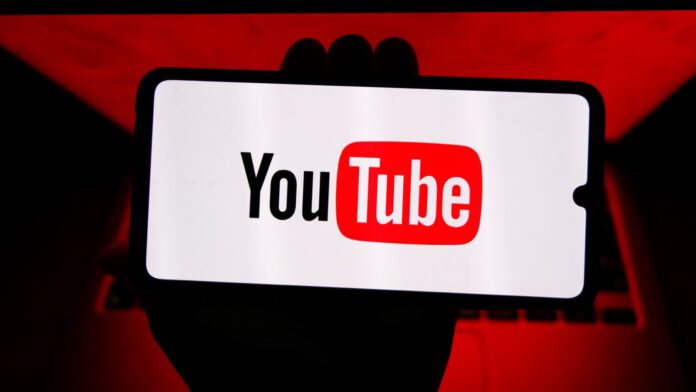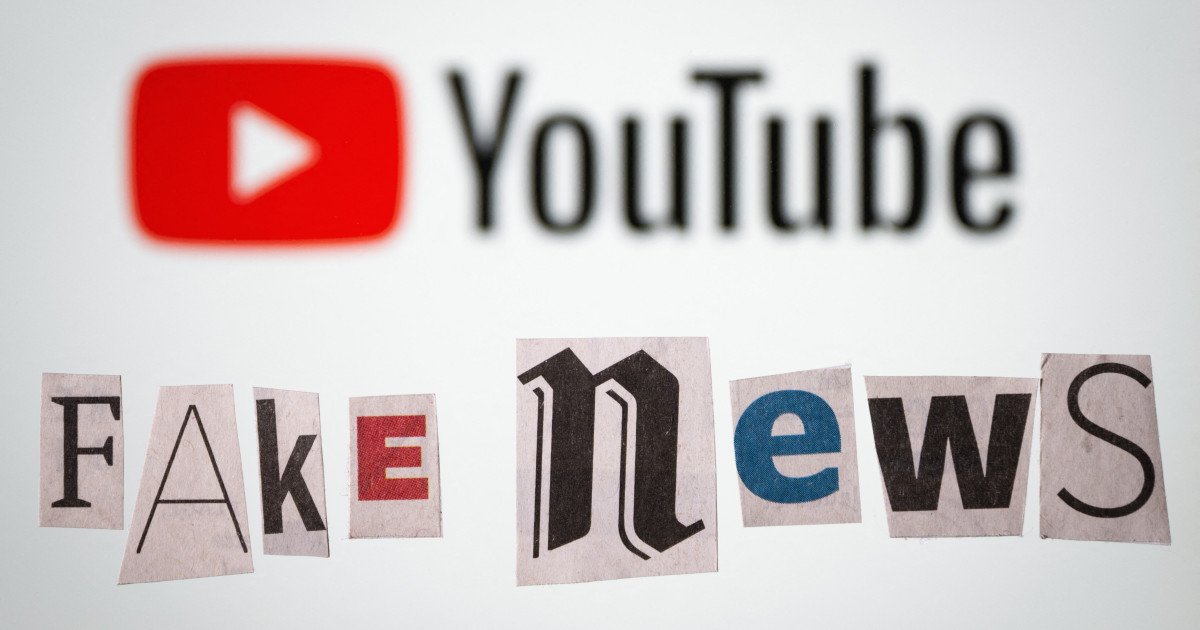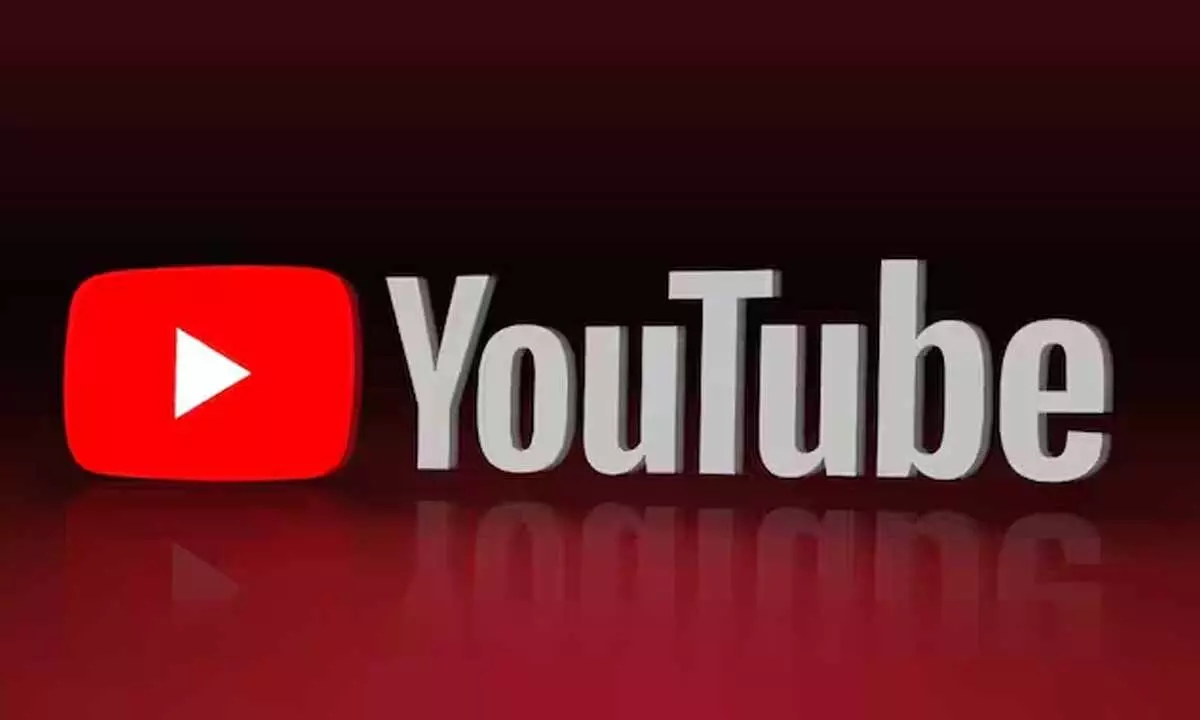Surge in Channel Terminations
Google’s security team stopped over thirty thousand YouTube channels in the first half of 2025 because they spread messages that served foreign agendas, and that total marks a forty five percent rise from the same period last year.
The team closed almost ten thousand channels in the second quarter alone, and it also banned related ad accounts, blog sites, and page listings across its news portal and Discover feed.
Spotlight on Russian Influence
The group halted more than six thousand channels tied to Russian projects, and that count stands fifty six percent higher than the year before. These channels pushed views that backed Russia’s stance on Ukraine, the European Union, NATO, and other Western bodies while downplaying the cost of war and life abroad.
Google had shut far more in late 2024, when it stopped over twenty six thousand channels, but activity stayed high into this year. The boost in blocking reflects a wave of content aimed at moving public opinion ahead of the 2024 US vote, and experts link many clips to a private firm that acts as a proxy for state media.
Unmasking Chinese Networks
In early 2025, YouTube removed nearly twenty four thousand channels tied to China’s influence efforts. That figure shows growth of forty two percent over the first half of 2024, even as it falls short of the count from the year’s second half. Most of these channels came from a large network that posted in both Chinese and English and pushed stories about China’s role in world affairs.
Google has been tracking a group called DragonBridge on YouTube and other sites, and it found that the group uses thousands of accounts to push content on elections, foreign conflicts, and other topics that sway views about the United States and its allies.
Wider Global Impact
Beyond China and Russia, Google stopped channels tied to a range of other states, and it acted on sites that served ads maliciously or shared wrong claims. The team shut accounts linked to Azerbaijani campaigns critical of Armenia and to Turkish groups backing a single party.
A handful of pages tied to Iranian operations also ended up closed, after they posted in Arabic to support Iran’s foreign aims and to challenge Israel’s actions. By cutting off ad services and page listings, Google seeks to limit the reach and the money that prop these influence operations.
Personal analysis
This effort shows that online platforms can push back against state backed campaigns when they make a real effort to track networks and to use strict rules. Even so, the fact that operations shift and grow so quickly means that any pause in action can let new channels pop up.
I see a need for stronger partnerships between tech firms and independent experts so that no one group can carry on a vast campaign without being spotted. More work will be needed to keep up, but this step by YouTube sends a clear note that it will not let these actions go unchallenged.
Sources: Google.com



